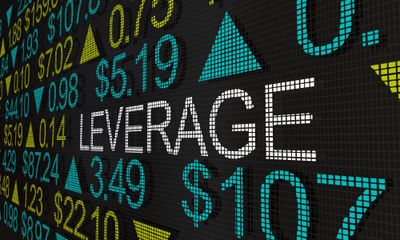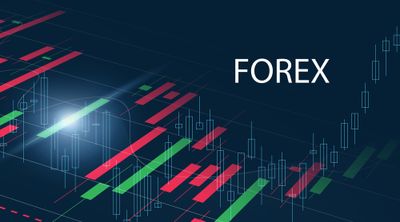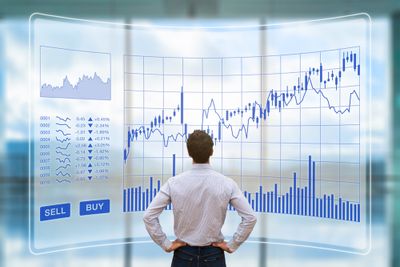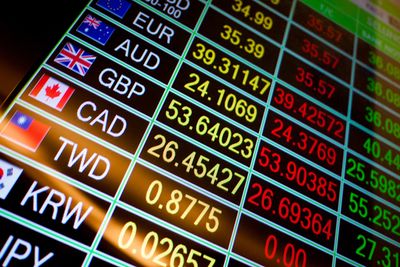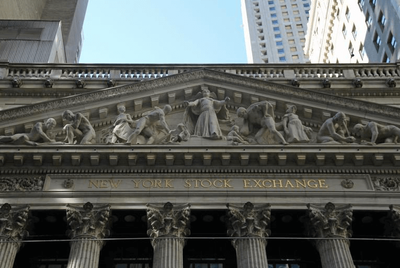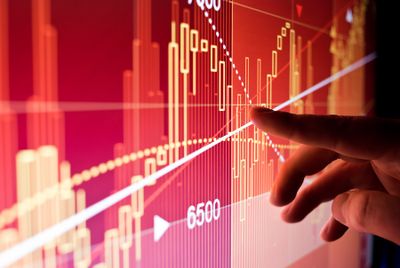Invest With Confidence
Stay in the know with tips, news, and updates about the stock market and cryptocurrencies.
AllTrading Services BlogLong-Term Investment BlogArticles About Trading and Investment Strategies
Trading and Investment Blog
Trading discussions
What Is the Ideal Amount of Shares a Beginner Trader With Little Money Should Have?Investing in the stock market can be a highly profitable endeavor, but it can also be quite intimidating for beginners. In this article, we will examine one of the key issues for beginners to considerApril 29, 2021
Trading discussions
Should Beginners Start With Trading or Investing In Stock on the Market?Increasing numbers of people are entering the stock market to provide a second income. However, there are always question marks for beginners who are uninitiated to the ins and outs of investing. One April 29, 2021

